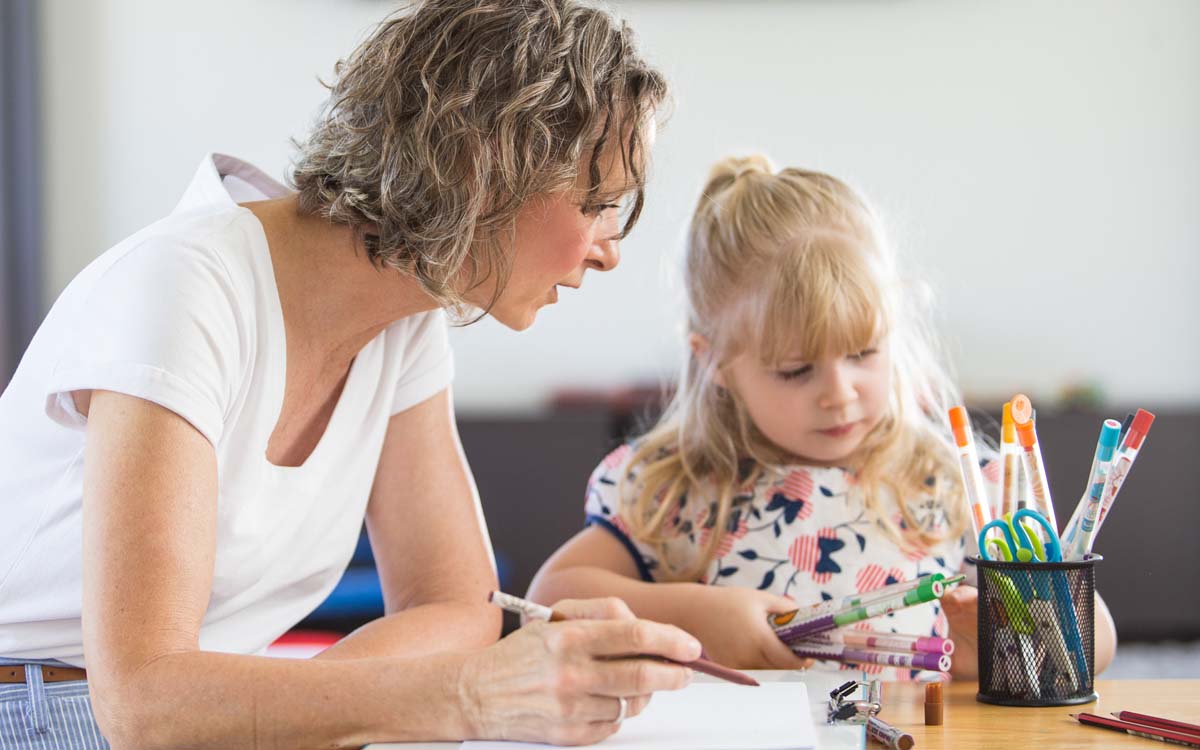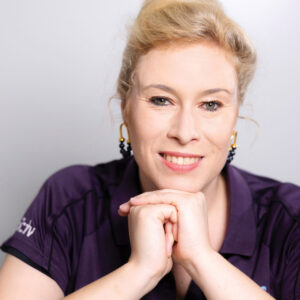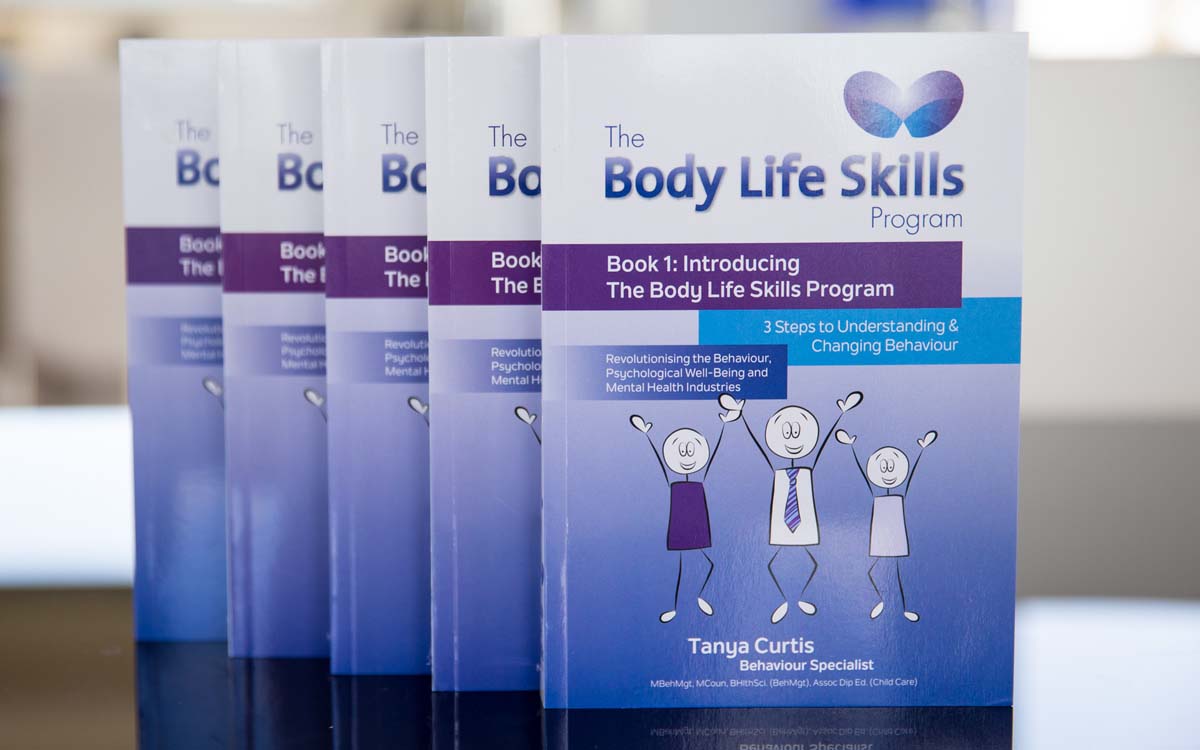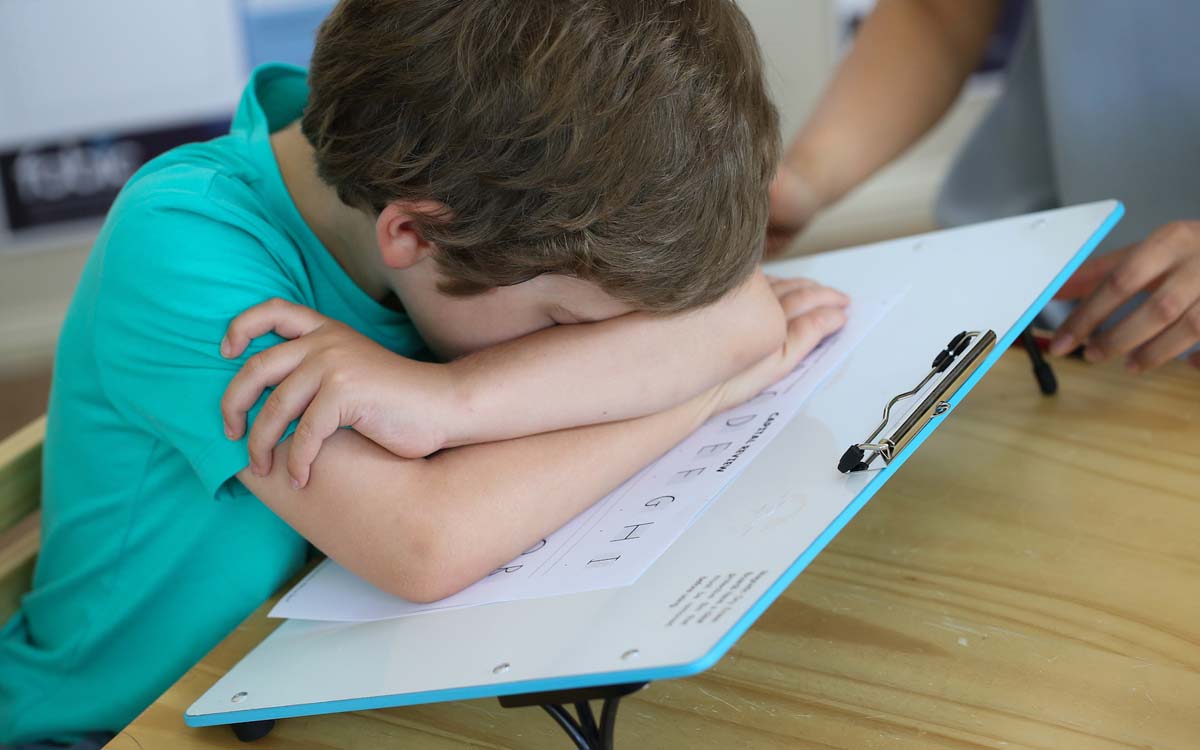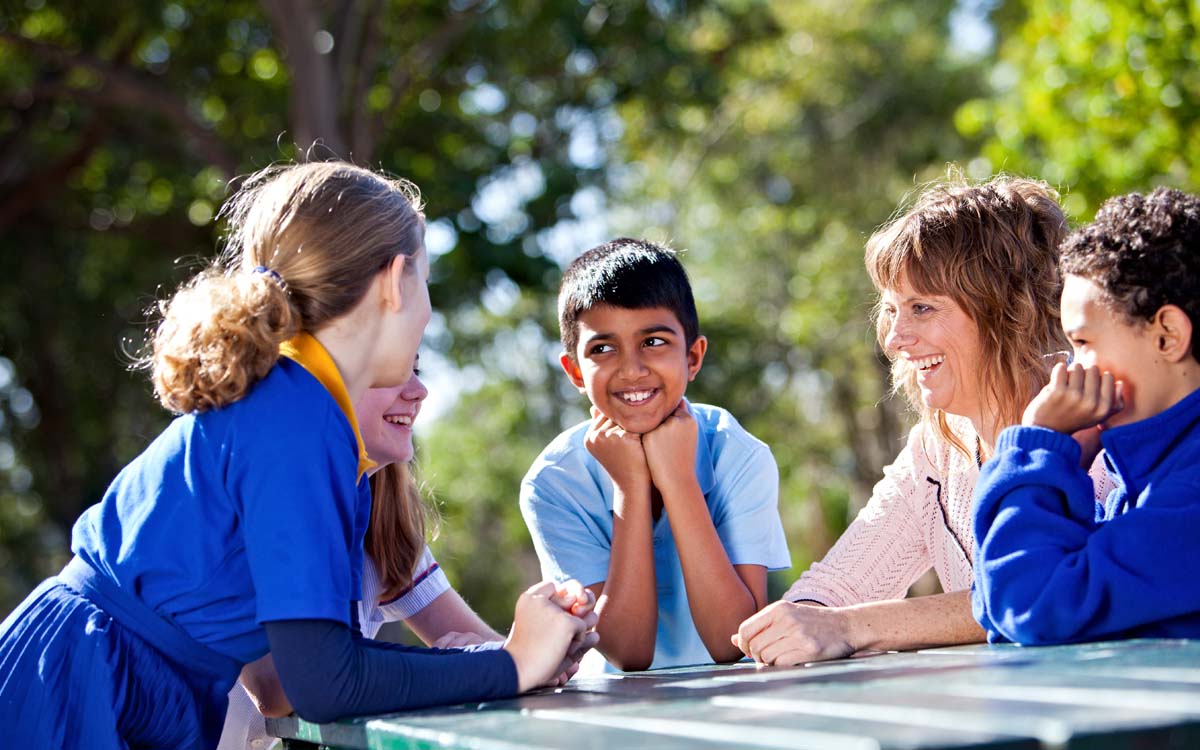Seeing your child for who they are means taking a step back and seeing the person who is there without needing them to meet any picture we might have.
You might even find that taking this step back and putting aside your pictures allows you to be more of the real you with your child as well, something children absolutely adore.As parents, teachers, childcare workers, babysitters or extended family members, we think we are holding children as equals when we speak and interact with them, but we will never truly hold them as equal until we give ourselves the space to really see who is looking back at us from behind the high chair, the backseat of the car or behind the Lego masterpiece. Though they come in small packages, children are innately wise, deeply loving and inspiring in their knowing of themselves and not holding this back. When we see all the wonders that are there beyond the tiny packaging, it is simple to speak to them as you would to an adult albeit with simpler words, to hold them to their true potential and listen to truly hear them because you actually feel that they are everything that adults are, only still developing their skills.
All children crave this level of relationship from their parents and the significant adults in their life. When they don’t receive this, children will look for attention or recognition for being good, being naughty and achieving or doing things well as a substitute for this deep level of relationship.
It is gorgeous to live day-to-day with this as the foundation of your relationship with your children. You will be amazed at the way children blossom in relationships where their amazingness is seen and any issues or difficulties seen as minuscule compared to who they are.
With this as our foundation, we are able to accept and respond to unwanted or non-preferred behaviours without judgment and in a way that offers a much greater level of support.
Similarly, children feel deeply held by parents who teach them the skills they need for life and their education from the knowing that what they are learning is important but doesn’t hold a candle to who they are before they do or achieve anything.
This article was originally published in the February 2016 Edition of Haven Magazine.
